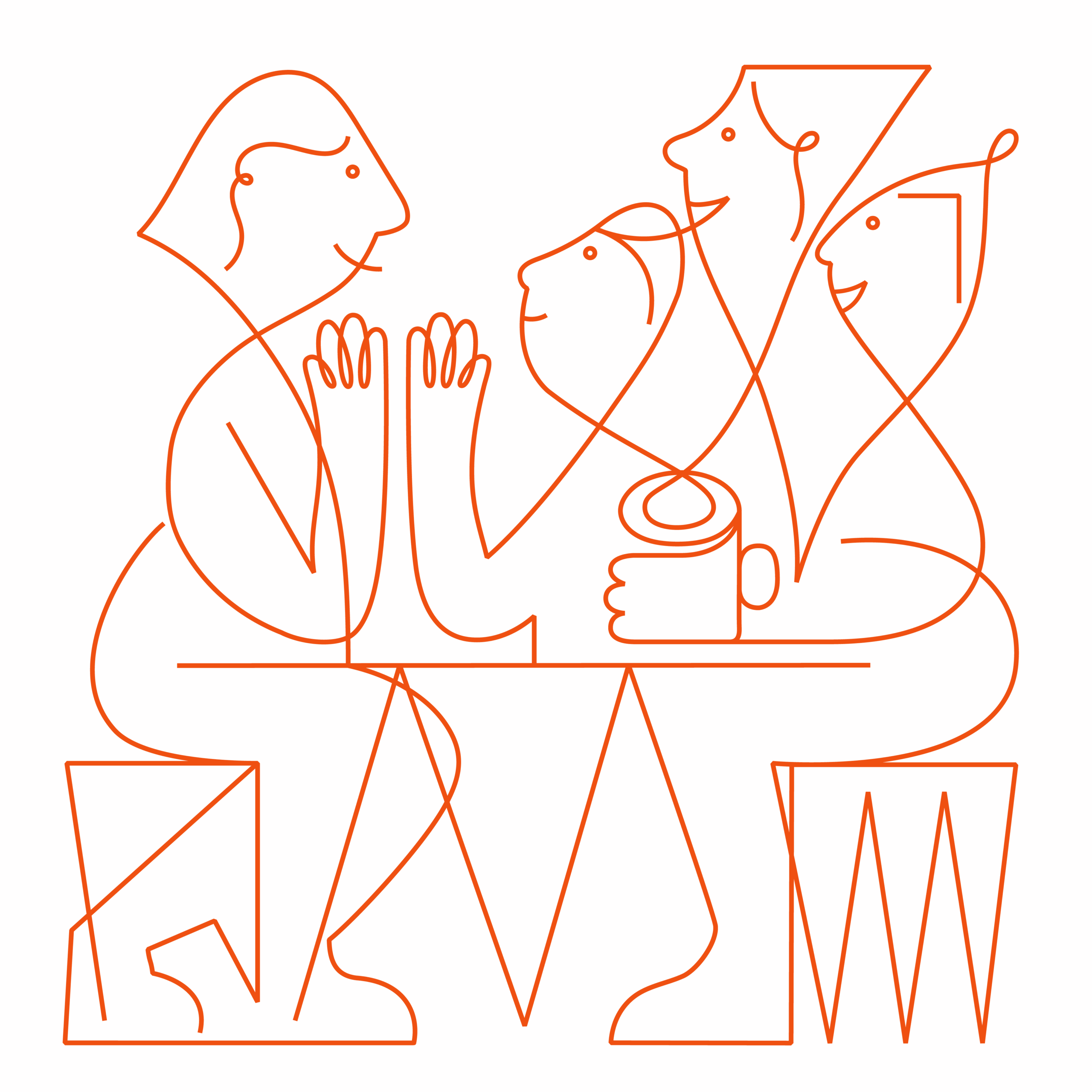The challenge of delivering the LEGO CON virtual conference highlighted the culture and processes that help LEGO Agency create value for the business
In June 2021, the LEGO Group ran its first LEGO CON, a virtual convention for fans, featuring 90 minutes of live content, filmed at LEGO House in Billund, Denmark. The idea for the convention came from LEGO’s in-house agency, which worked with marketing colleagues and the wider LEGO Group to deliver the event.
For our latest In-House Life online, we spoke to some of the team behind the event: Head of LEGO Agency EMEA Emma Perkins, Director, Communication Partners & Operations Dan Worrell, Director of Production Charlie Cooper Henniker and Senior Marketing Leader Priscilla Freitas. The project revealed some important insights about how LEGO Agency works, the challenges of a project like this and the value it created for the business.
Born out of proximity
We talk a lot about the competitive advantage that proximity brings for in-house agencies. As Emma Perkins told us, one of the most exciting things about working for an IHA, particularly for someone coming from an external agency, is that you are closer to data which can highlight business challenges and creative opportunities. The idea for LEGO CON, came from the Agency observing changes to consumer behaviours during lockdown and aligning those with the business’s priorities around improving the digital discoverability of its products. Access to data also helped inform decision-making throughout the production process, guiding decisions about content.
Creating space and resource for great ideas
To land an idea and get it live in a short space of time, teams across the LEGO Group had to work together to prioritise budget and resources to make it happen. The Agency doesn’t allocate all of its resources against planned projects, but holds capacity back in order to be more reactive which they were able to utilise for LEGO CON.
The importance of OKRs and an agile culture
Because time was so short and because it involved so many different parts of the business, producing LEGO CON required the team to adopt new ways of working. As Priscilla Freitas explained, the team adopted an agile methodology rooted in the use of OKRs – Objectives & Key results. The OKRs were defined jointly between marketing and creative at the start of the project and then guided its progress, providing a ‘North Star’ to assess everything against. As Dan Worrell told us, the team then mapped the stakeholder universe across the business, identifying 18 business units which were asked to delegate a representative to be part of the wider project team. This wider team was then invited to a Friday afternoon ‘Demo Day’ every two weeks where the team went through everything that had been achieved in the previous fortnight and the schedule for the upcoming period. Clearly defined roles and responsibilities helped manage feedback and keep the project on track.
One team
Instead of acting as an approver, on LEGO CON Senior Marketing Leader Priscilla Freitas saw her role change to be part of the team developing the ideas, testing those against the OKRs and then making sure that the best of them got support from the business. As Charlie Cooper Henniker told us, rather than saving up work to present to a ‘client’, in this process, marketing and creative shared ideas in draft form back and forth constantly, working as one.
Navigating the business and having a champion
One of the challenges of making a project like LEGO CON happen is knowing how to present the initial idea to, and get support from, the business. Emma told us that her boss was vital in this, acting as a champion or sponsor for the idea and helping her to navigate it through the process. Having a senior sponsor for the idea helped Emma to know how best to present the idea to the business and get their support for it in the face of competing priorities from elsewhere.
Calling it a ‘pilot’ helps
The team constantly refer to LEGO CON 2021 as a ‘pilot’. Use of the term helped manage expectations, allow for failure and for the team to operate in a way that sat outside of the usual processes. It also meant the project could be positioned as a learning opportunity for the business. Having a culture which genuinely sees the value of failure and supports it is vital.
Growing your reputation
“If all you do is answer the briefs you are given, it can be really difficult to show what you are capable of,” Emma told us. Many in-house agencies have ambitions to grow from being seen as a service department to becoming a strategic partner. For LEGO Agency, key to this journey was being proactive and taking ideas like LEGO CON to the business. Such projects then build both trust with marketing colleagues and the reputation of the IHA. But you have to get the basics right first, Dan told us. In order to grow, IHAs first need the right culture and people around managing relationships with marketing partners, core creative skills and strategy. Having those in place will allow the IHA to deliver on the day-to-day briefs. As their reputation builds, then they can start to be more ambitious and proactive.
